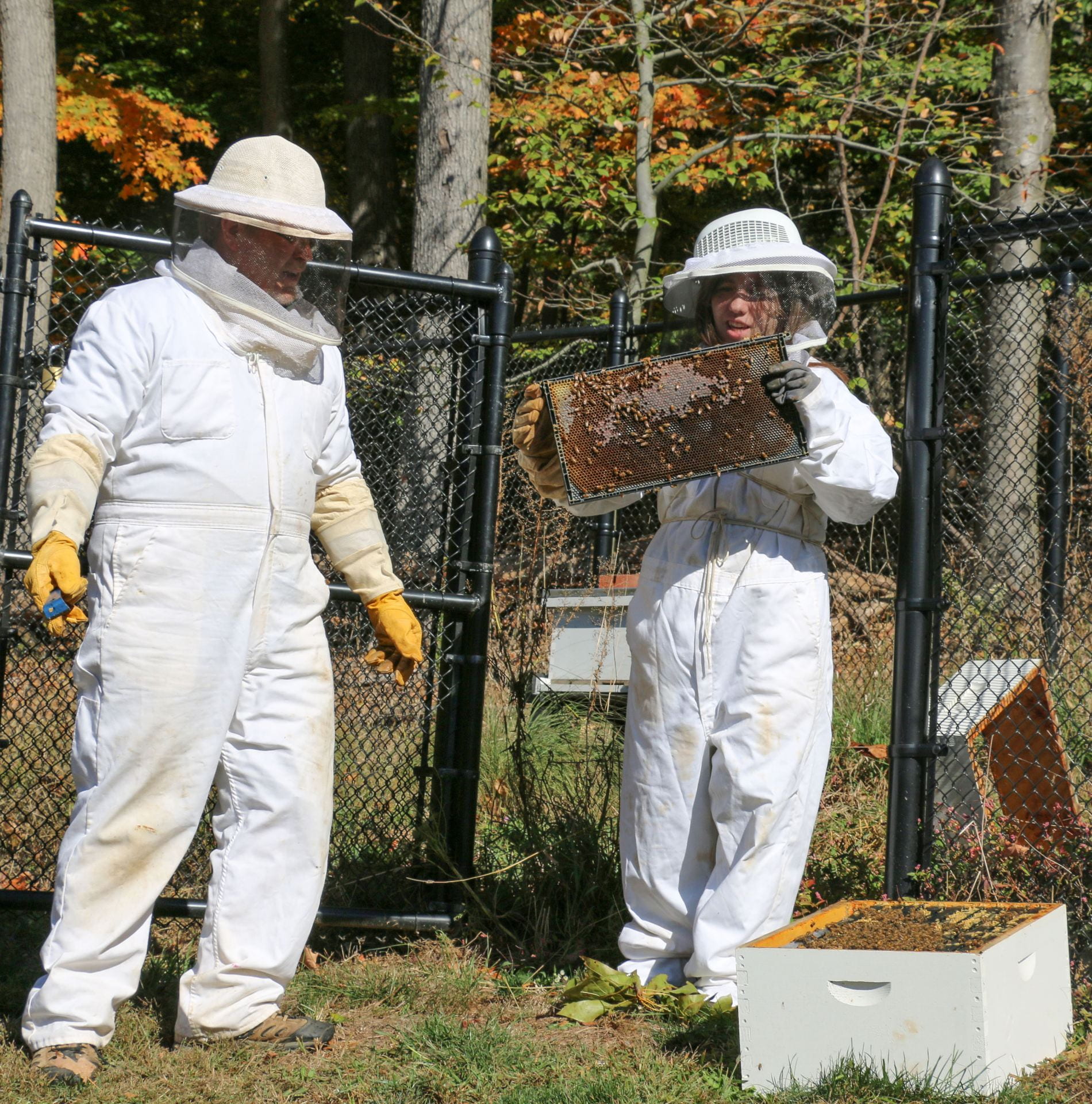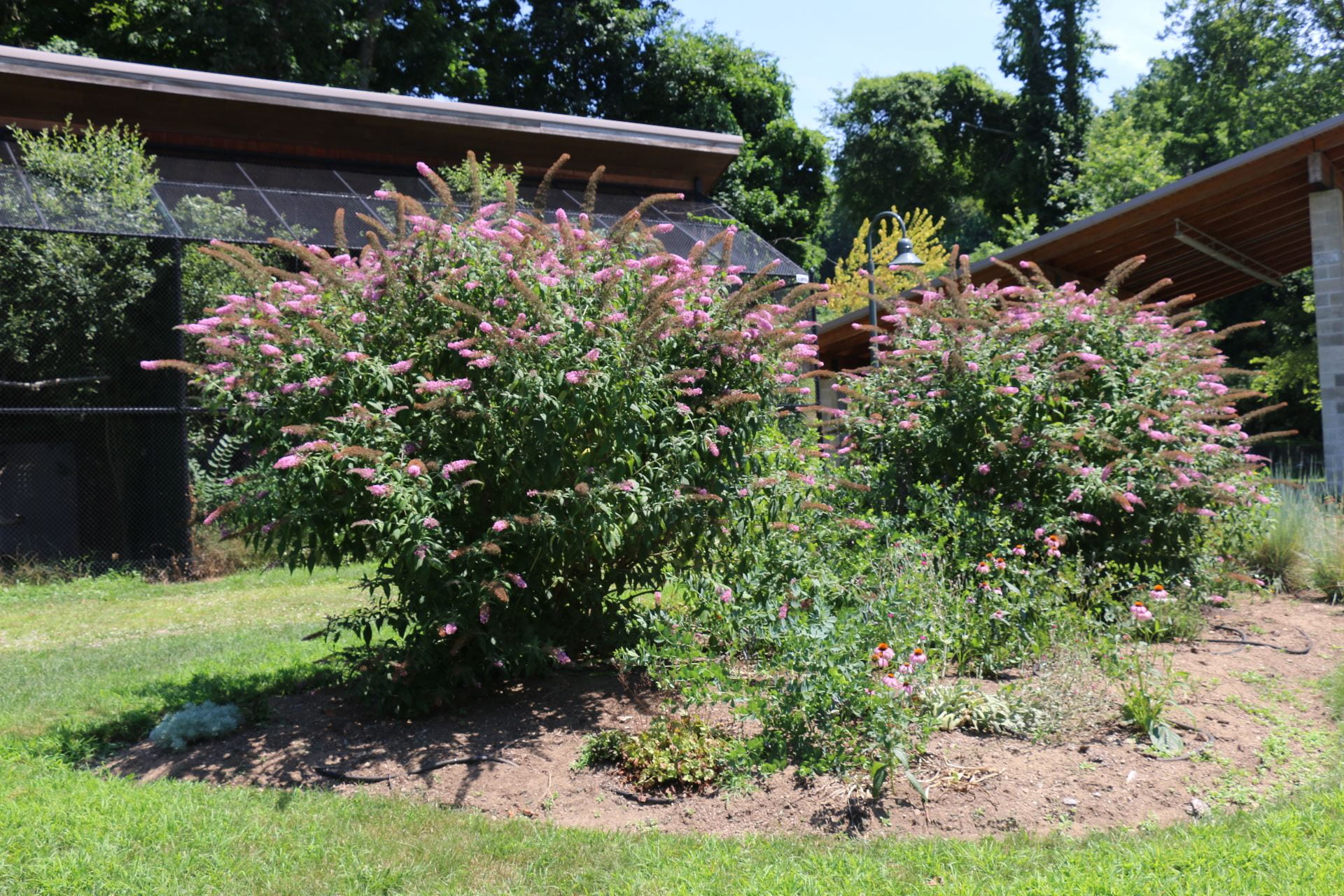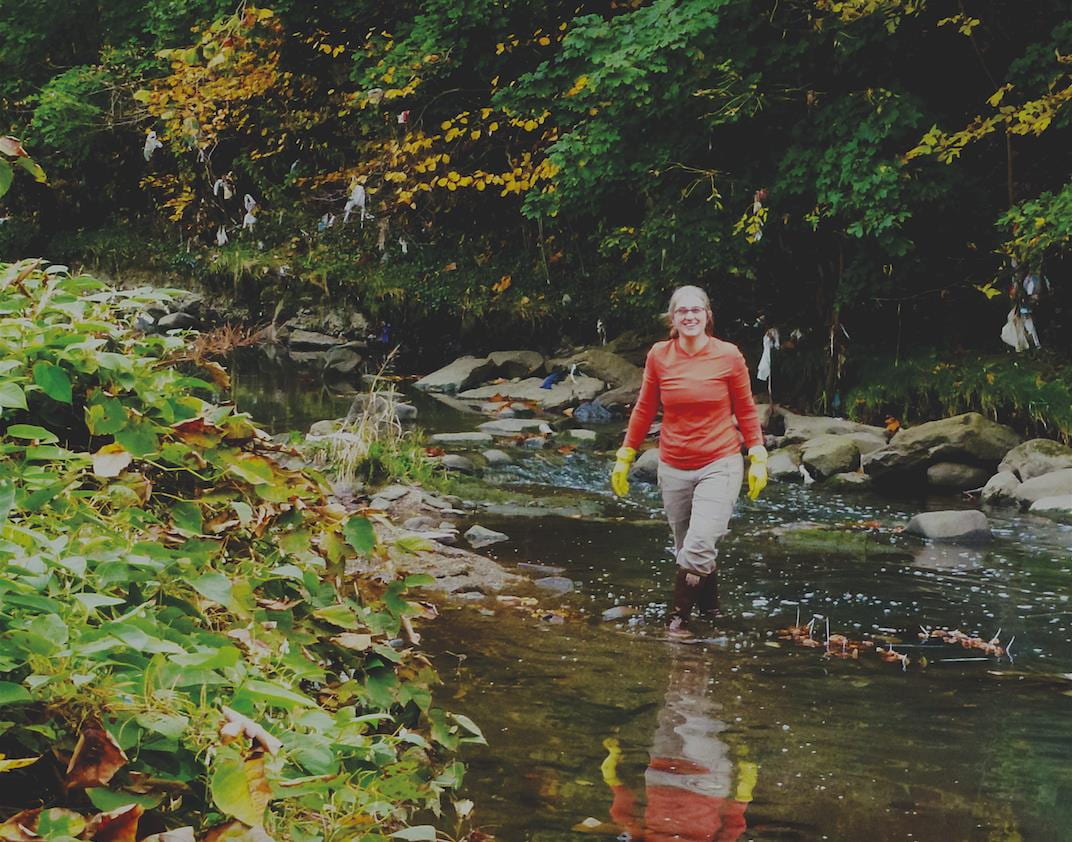Our Focus:
Suburban and urban biodiversity
Pace University’s campuses in Pleasantville, White Plains and New York City span suburban and urban landscapes. DCISE is committed to studying and improving ecological diversity in these environments.
Pace’s Bee Campus
Pace University’s Pleasantville campus has become certified as an affiliate of the Bee Campus USA program, joining 90 other campuses around the country. This designation was awarded based on Pace’s commitment to creating a sustainable habitat for pollinators.
The initiative was led by GreenPace and the Dyson College Institute for Sustainability and the Environment, with committee members including clinical associate professor of environmental studies and science Michael Rubbo, PhD, director of capital projects William Carey, director of energy and resiliency Ryan McEnany, and Noah Brennan ’21, who gathered the necessary information for the application process. Membership on this committee is open to all Pace faculty, staff, and students.
The idea was born out of Rubbo’s interest in pollinator conservation and existing activities by Dyson College’s Nature Center, which houses beehives for demonstration and education, planting pollinator gardens on campus. Future plans include building more gardens so that students can both study them and develop solutions for conservation, creating educational signage, and hosting pollinator-focused events. On the importance of this designation, Rubbo says, “it shows our commitment to creating a sustainable campus that will function both as healthy ecosystem for native plants and animals and as a living laboratory for students.”


Outreach and Community engagement

Our Rivers on Drugs: Pharmaceuticals and Personal Care Products as Agents of Ecological Change
Emma Rosi, PhD, spoke to students about the effect of pharmaceuticals and personal care products on our freshwater ecosystems. Rosi works to advance the understanding of how human activities shape freshwater ecosystems, with projects exploring emerging contaminants such as pharmaceutical and personal care products, aging wastewater infrastructure, changing atmospheric chemistry, and the effects of dams.
December 2019 | Pleasantville campus
